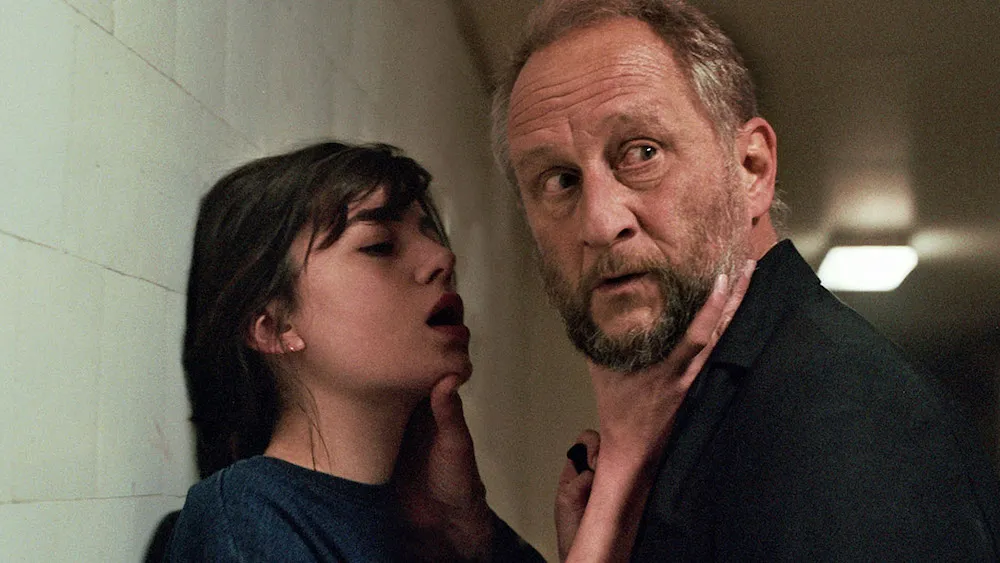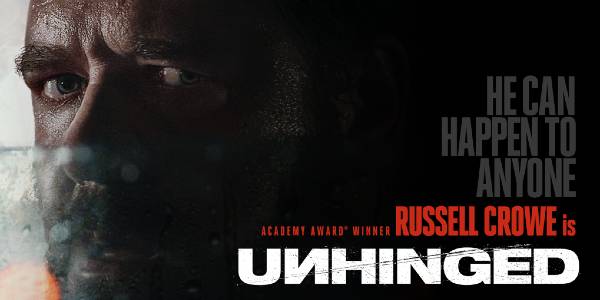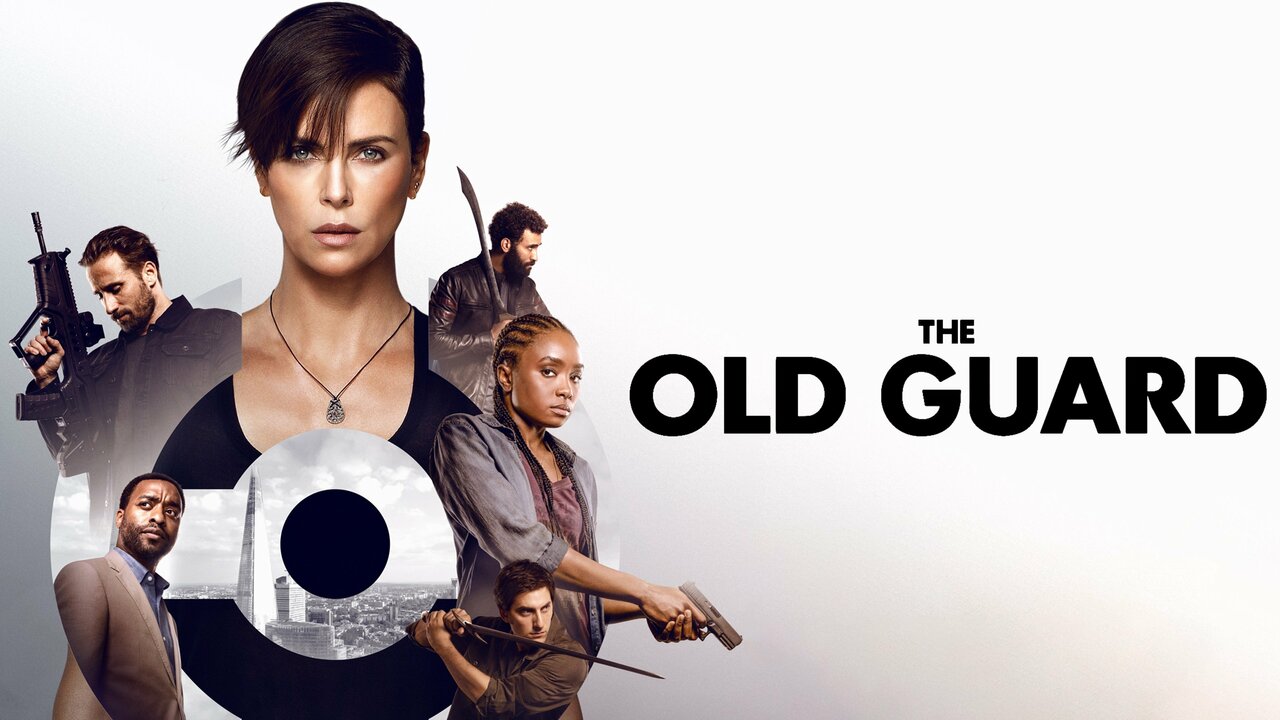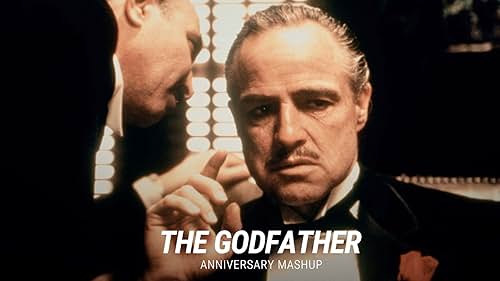Review: Inexorable (2021)
Genre: Psychological Thriller / Drama
Inexorable, directed by Belgian filmmaker Fabrice du Welz, is a slow-burning, atmospheric thriller that plunges into the darkest corners of obsession, secrets, and family tension. The film follows Marcel Bellmer (Benoît Poelvoorde), a once-acclaimed author struggling with writer’s block, who moves with his wife Jeanne (Mélanie Doutey) and daughter to a secluded country estate. Their peaceful life begins to unravel with the arrival of a mysterious young woman named Gloria (Alba Gaïa Bellugi), whose presence grows increasingly disturbing.

From the start, Inexorable builds an unsettling atmosphere, blending domestic calm with simmering dread. Gloria insinuates herself into the family’s life, claiming to admire Marcel’s work. But her motivations soon become ambiguous—and sinister. Her manipulation is subtle at first, but it escalates with chilling precision, revealing long-buried truths and emotional fractures within the family.
Benoît Poelvoorde delivers a restrained yet powerful performance as a man whose carefully constructed life begins to crumble under the weight of guilt and past choices. Bellugi, as Gloria, is captivating—by turns innocent, seductive, and threatening. Her character represents more than a stalker; she’s a symbol of buried sins returning to haunt the present.
Fabrice du Welz, known for Calvaire and Alleluia, maintains his signature tone—intense, intimate, and unsettling. The cinematography and score emphasize isolation and emotional decay, using the grand but eerie house as a kind of psychological trap.

Inexorable doesn’t rely on gore or jump scares. Instead, it tightens the screws with psychological tension and moral ambiguity. It’s a tale about how the past refuses to stay buried—and how the consequences of denial can become truly inescapable.
Have you seen Inexorable? What did you think of Gloria’s haunting presence and the film’s slow descent into psychological ruin? Share your thoughts below!









